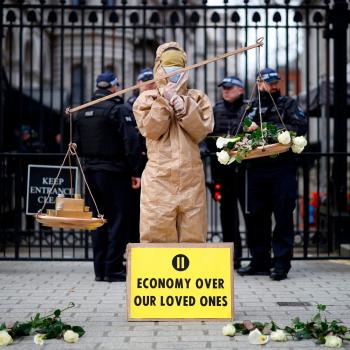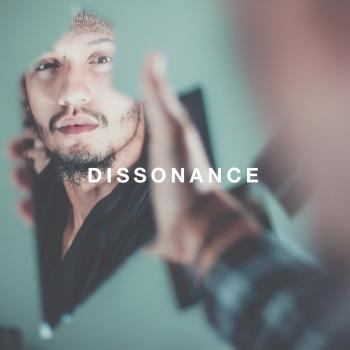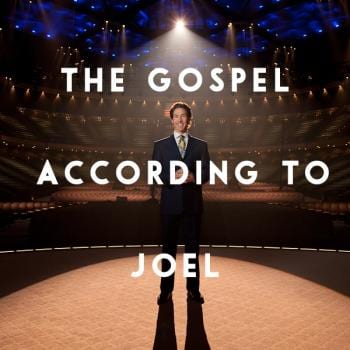[This is a guest post written by Carly Gelsinger]
We were the “chosen ones,” the ones who lived in the “Secret Place of the Lord,” because we prayed in tongues and knew Jesus intimately. At the altar, our hands shook as heavenly visions came down on us. We fasted, we prayed for healings and breakthroughs and claimed powerful things in the name of God. We changed atmospheres, we demolished strongholds, and we fell to the floor by the wind of the Holy Spirit.
“How could someone ever walk away after they’ve tasted the Spirit the way we have?” I asked my youth pastor one night.
“It’s called backsliding,” he said. “It happens when people choose the pleasures of the world over God.”
I made a quiet vow to never backslide.
I got swept up in this charismatic faith at the age of thirteen. It was magical to me, all of this Holy Spirit power. I saw friends come and go from the movement, and every time someone would leave, I wondered why. How, after experiencing these mountaintops, could they tumble into the valley of the mainstream? Especially after being taught that if you worshipped in any other church, even an evangelical one, you’d be missing out on the Full Gospel. We all knew that other Christians—those who weren’t “Spirit Filled,” as we liked to say—were mislead at best, and unsaved at worst.
Just a few years later, I found myself wanting out, for reasons I couldn’t explain. I didn’t leave dramatically; I just stopped going. My leaders at church thought it was because I moved thirty miles away for college, which was partly true. To me, college was a nice excuse to never go back.
Looking back, I think I was tired of living in fear.
Charismatics are reluctantly accepted into the larger evangelical landscape. The Holy Spirit stuff is just a little to weird for most Christians to recieve. Some conservative theologians, such as John MacArthur, have gone so far to say that Pentecostal worship is demonic. At my evangelical college, my classmates found it hilarious and trendy to do subpar impersonations of crazy charismatic preachers. Shondalahay, they’d shout, over and over again, mocking the way people sound when they speak in tongues. They shondalahay’d over lunch at the cafeteria, after a midterm, or while passing each other in the halls.
Even though I had left the Pentecostal tradition, their jokes stung.
I get why charismatics hold an Us vs. Them mentality. I do. It’s been earned over the years. But living in it made me crazy. We believed we followed the Spirit, but really, we lived in fear. Fear of judgment day, fear of offending God, fear of becoming lukewarm, fear of losing our passion for God, fear of culture, fear of science, fear of intellectualism, fear of liberalism, fear of becoming ordinary, fear of falling away. So much of the fundamentalism found in Pentecostal circles—and this could probably be said about fundamentalism on the whole—is fear based. Author Sarah Bessey hit this charismatic fear on the head in a recent post and challenges her brothers and sisters to rise above it.
“We’ve taught the message that ‘everyone is out to get us’ and ‘be afraid’ for so long that perhaps it is no wonder that we have become fear-filled, defensive, close-minded anti-Christs,” she writes.
I am glad that there are people like Sarah Bessey working to change the movement from within. It gives me hope. As for me, I had to get out. The people of my past would say I’m backslidden, but the truth is, I’m just working to undo the damage their theology imprinted, via expensive therapy and the occasional Internet Rant. I hope to someday truly embrace the message of grace—grace for myself, for all the things I used to fear, and for the people who taught me to fear them. I think grace is big enough to cover all of that.
And in case you’re wondering, shondalahay jokes still make me cringe.
[This is a guest post written by Carly Gelsinger. To read more by her head over and check out her blog!]











